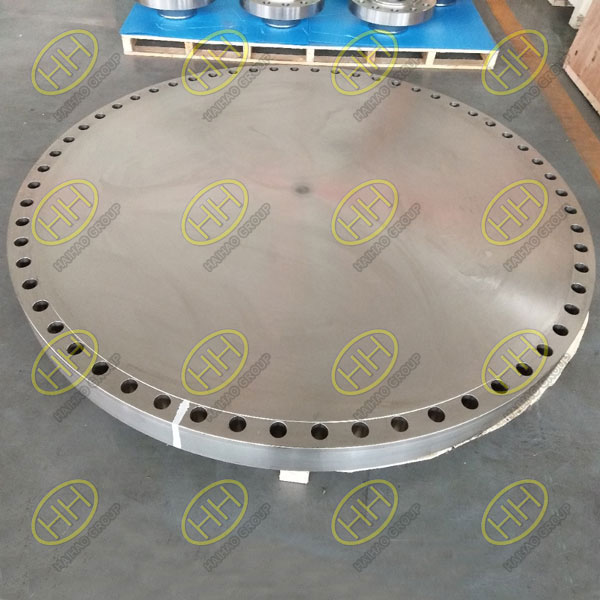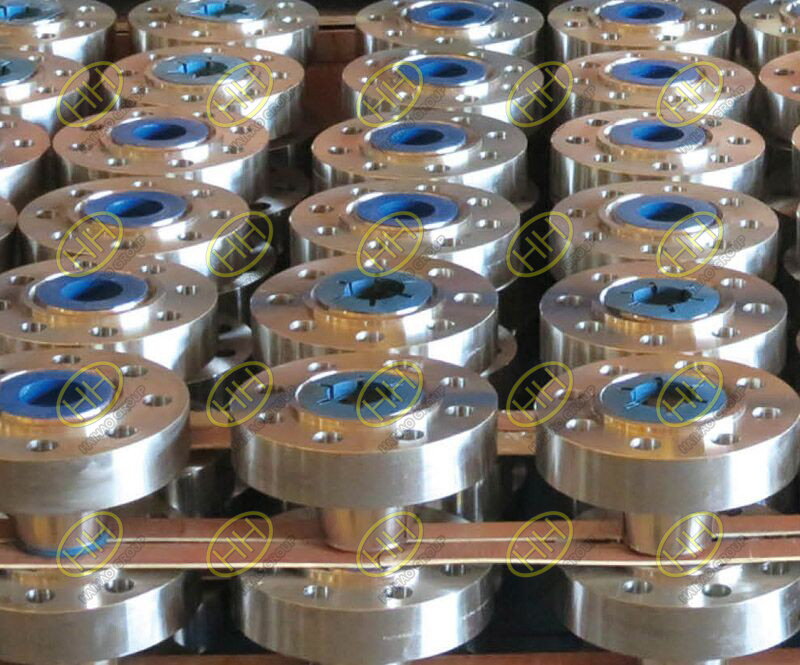Difference between ANSI/ ASME flanges and API flanges
ANSI/ASME flanges and API flanges are two types of flanges used in different applications. The main difference between ANSI/ASME flanges and API flanges is in their manufacturing standards.
ANSI/ASME flanges are designed according to the standards set by the American Society of Mechanical Engineers (ASME). These flanges are used in applications that require a high level of precision and accuracy. ANSI/ASME flanges are manufactured to strict tolerances and are designed to be interchangeable with other ASME flanges.ANSI/ASME flanges are available in different types, including weld neck flanges, slip-on flanges, blind flanges, lap joint flanges, threaded flanges, and socket weld flanges.
API flanges, on the other hand, are designed according to the standards set by the American Petroleum Institute (API). These flanges are used in applications that involve oil and gas drilling, exploration, and production. API flanges are manufactured to API 6A standards, which are specific to the oil and gas industry.There are several types of API flanges, including: weld neck flanges, slip-on flanges,blind flagnes,socket weld flanges and threaded flanges. API flanges are designed to withstand harsh environmental conditions, including high pressure and temperature. They are also frequently used in offshore drilling and production applications.
ANSI/ASME flanges are designed for high-precision applications and are manufactured to strict tolerances. API flanges, on the other hand, are designed for oil and gas drilling and production applications and are manufactured to API 6A standards.
As a professional manufacturer of forged flange in China,Haihao Group can produce all kinds of ANSI/ASME flanges and API flanges according to customer requirements.We can also provide other standard flanges according to customer requirements. If you have any questions about forged flange products, please feel free to contact us.



